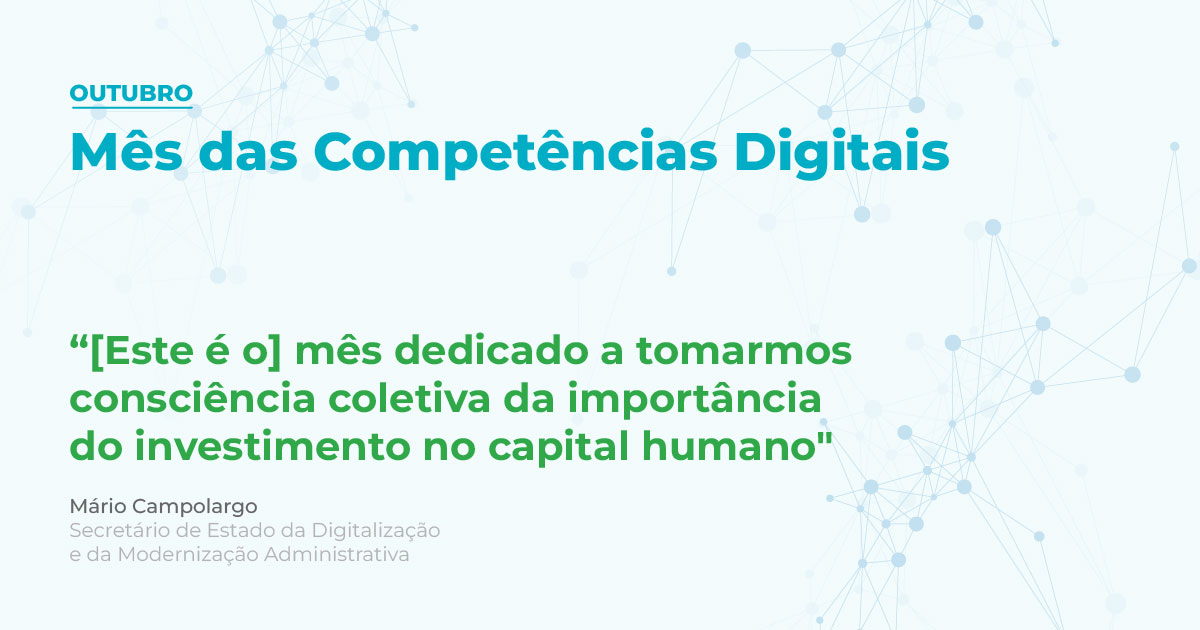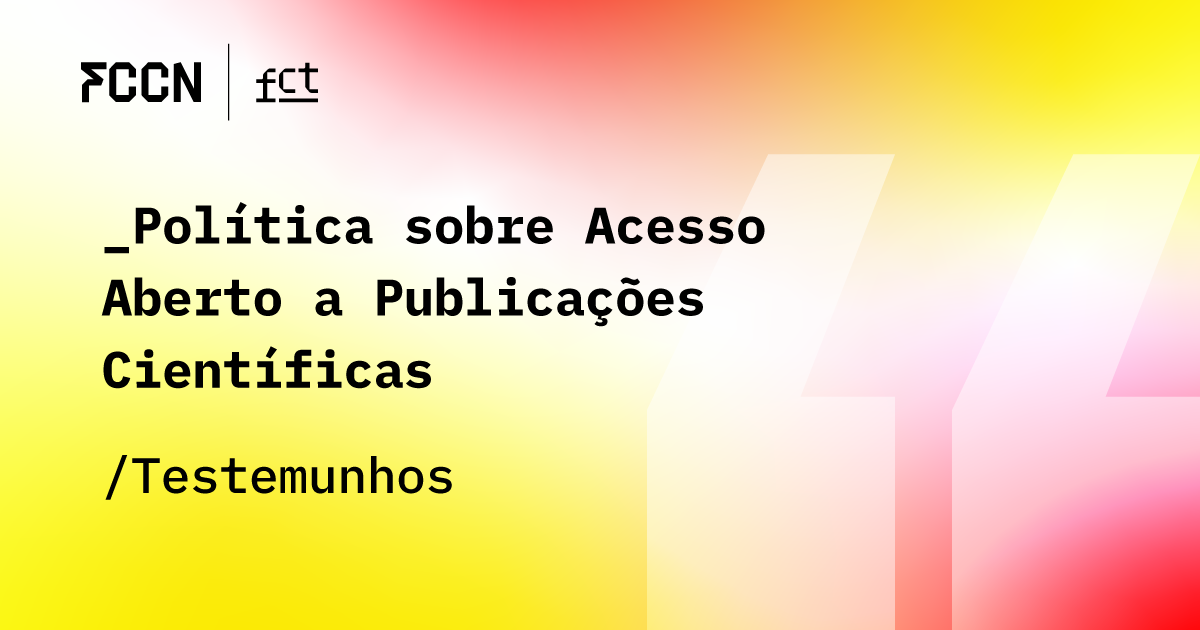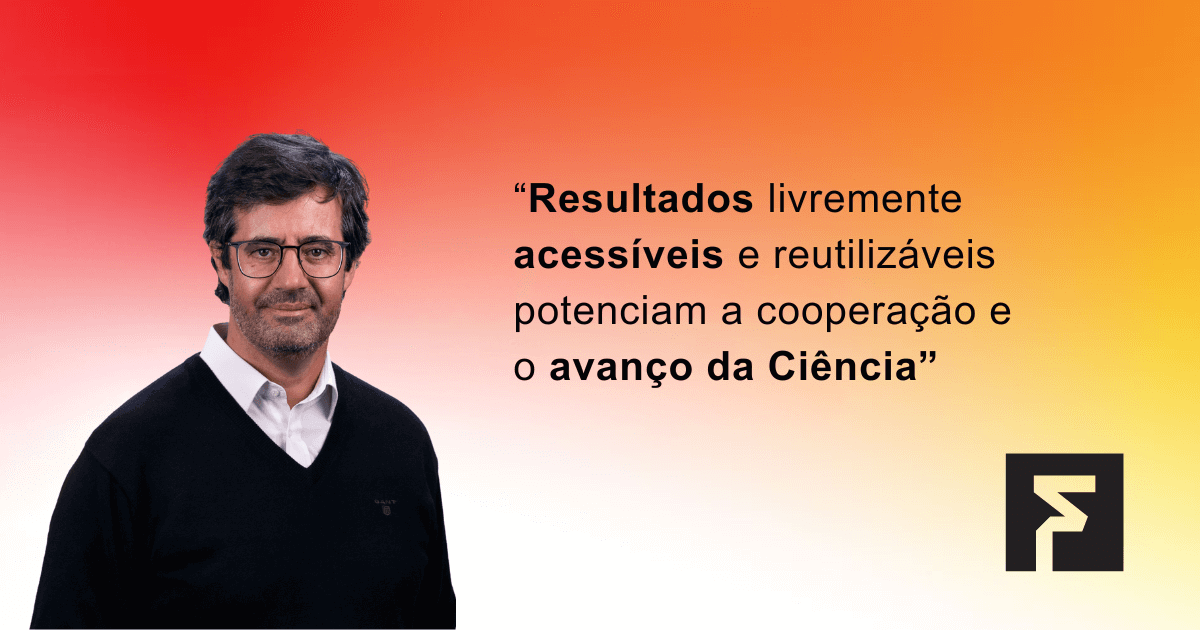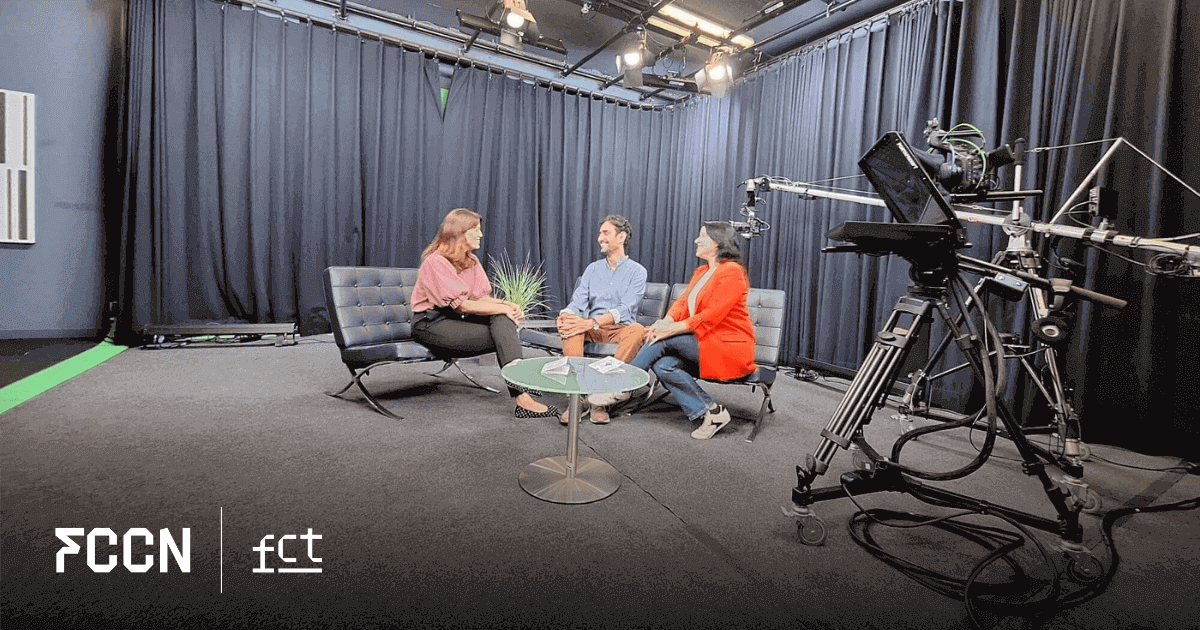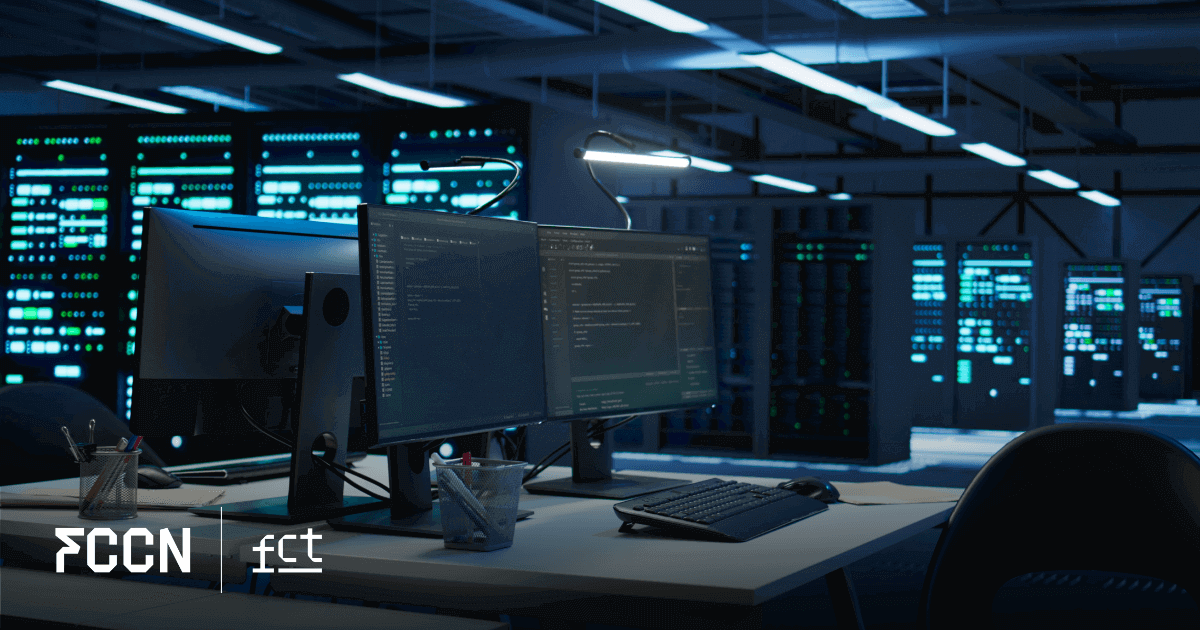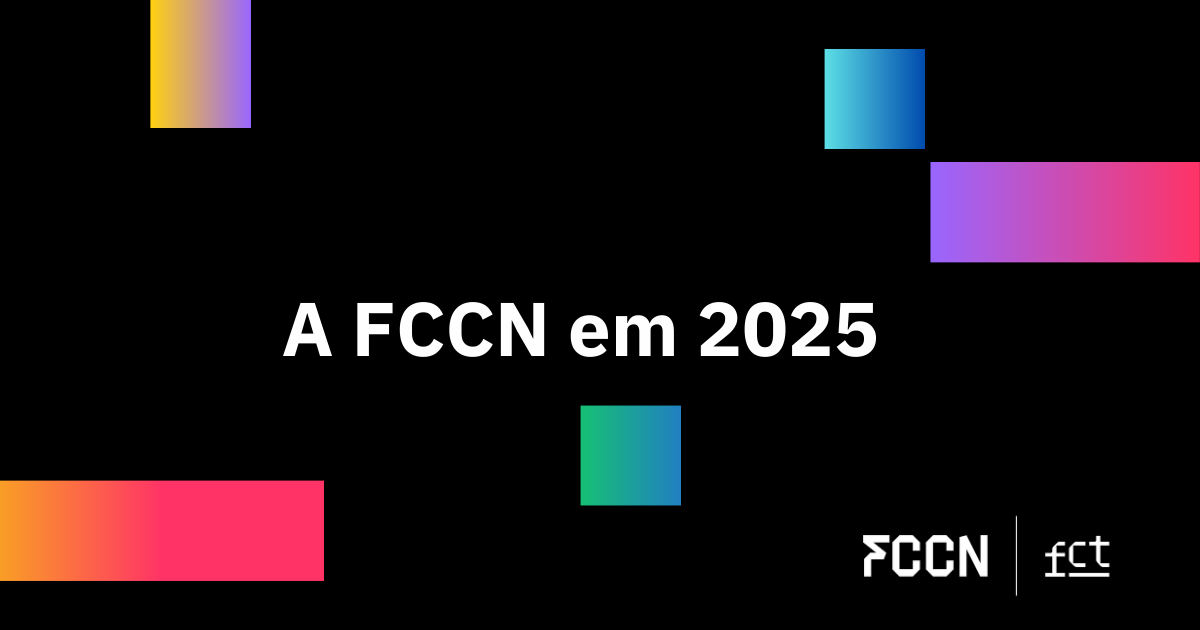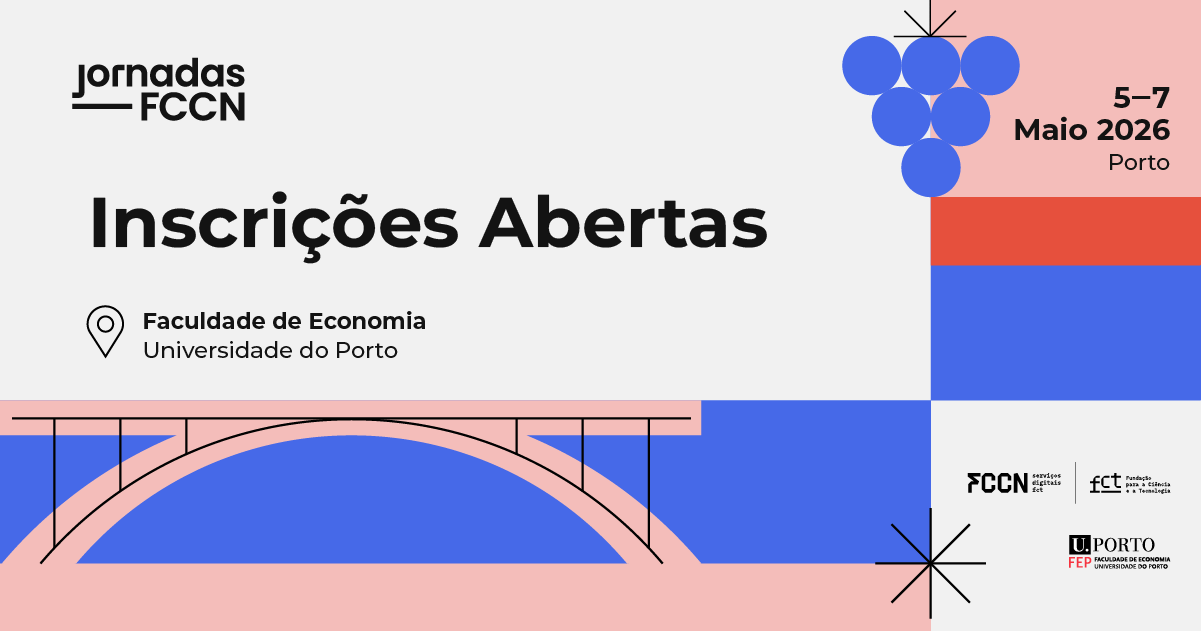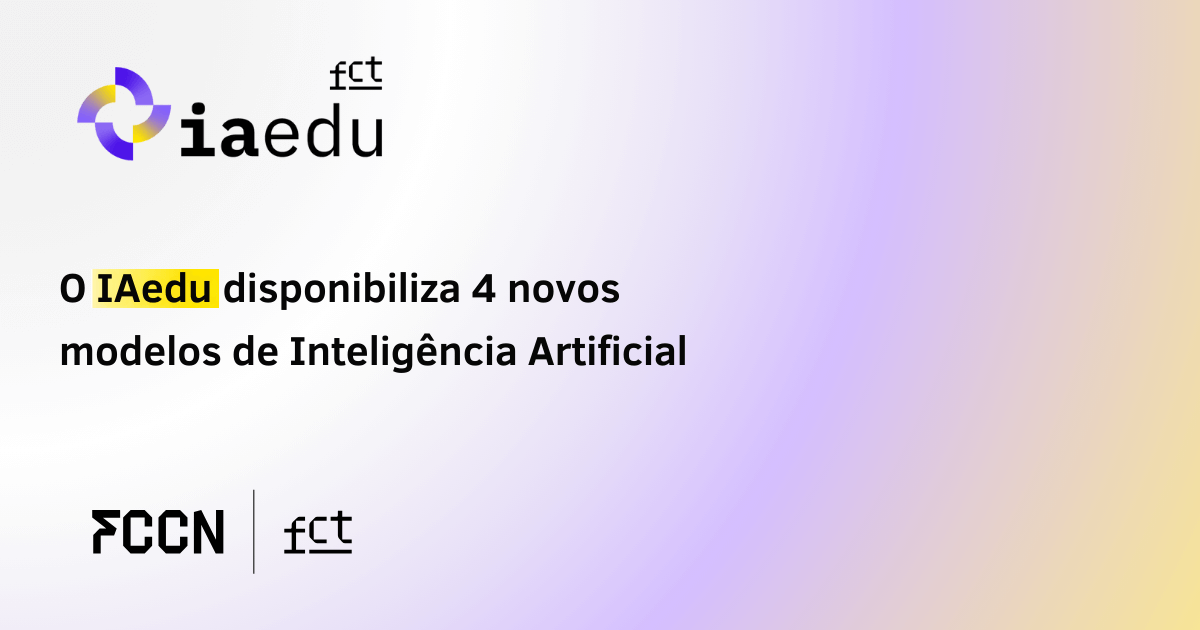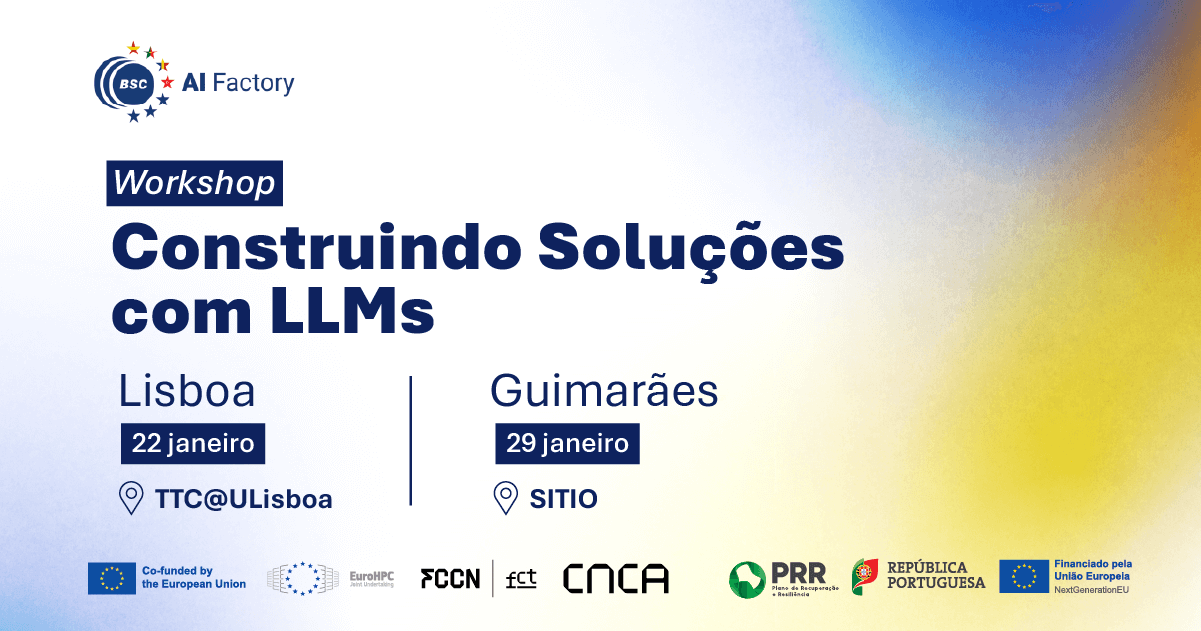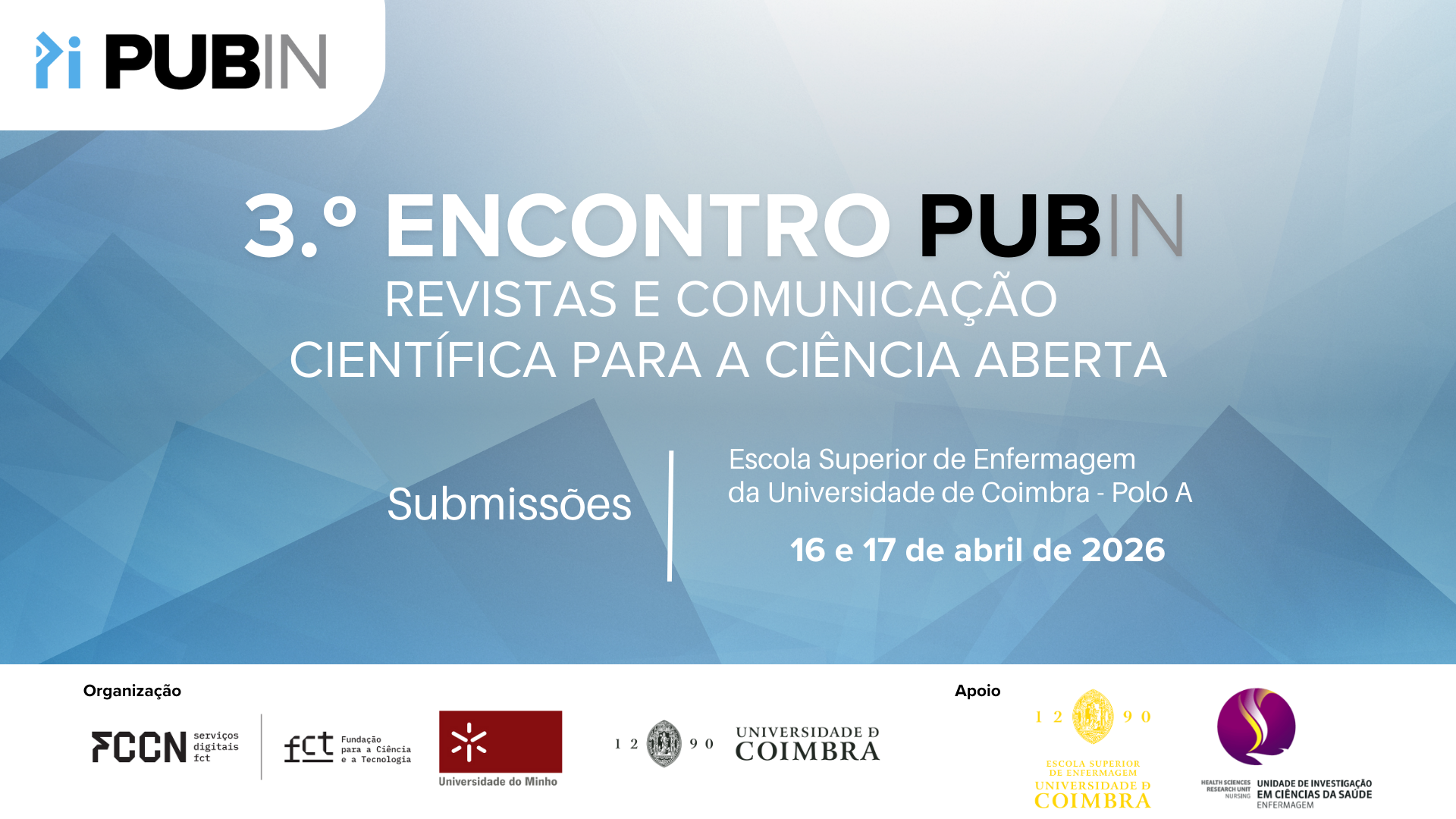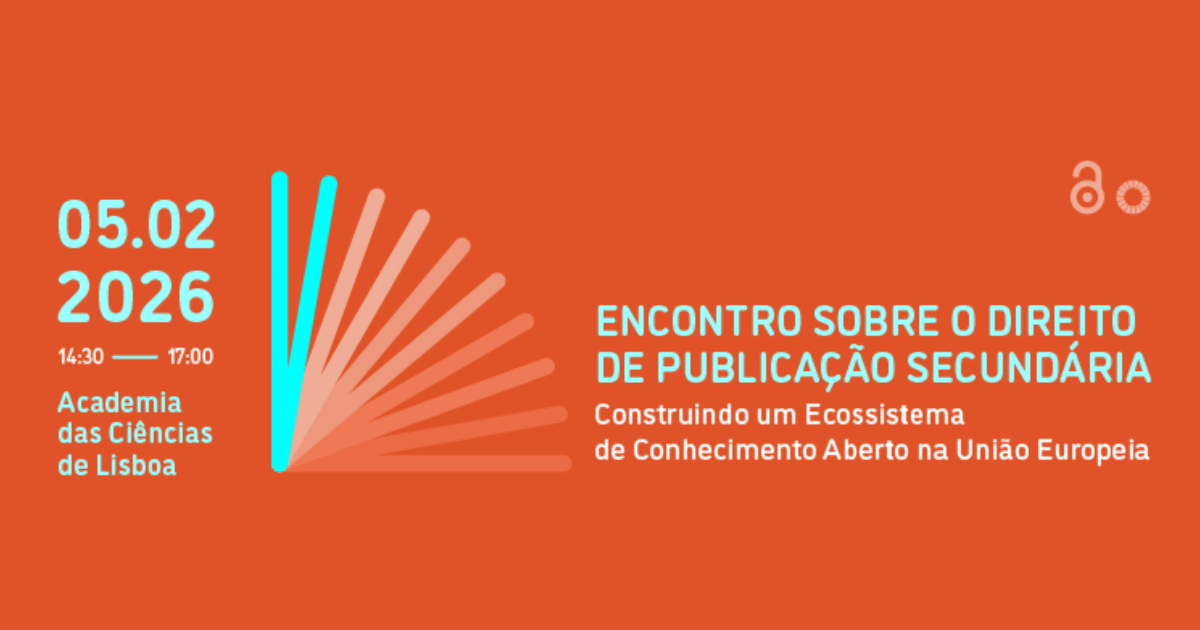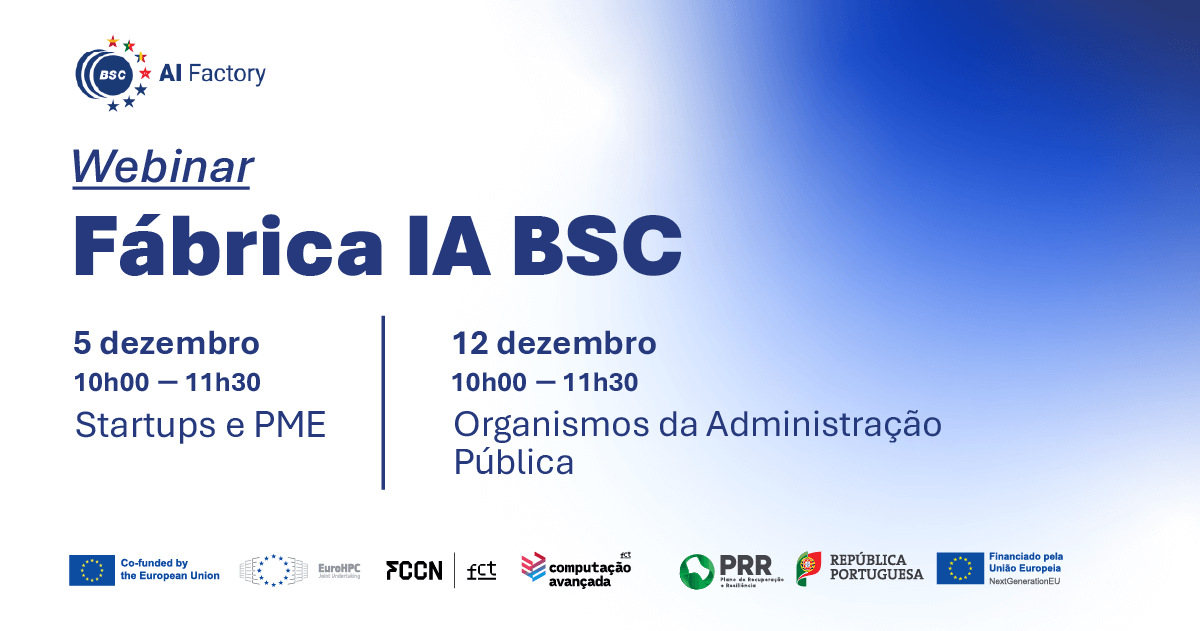Since 2022, October has been Digital Skills Month. Through its NAU service, the FCCN Unit is participating in the mission to increase the digital skills levels of the Portuguese population by promoting a culture of knowledge and continuous learning..
In 2018, the Government set a goal: to increase digital literacy levels from 53% to 80% by 2030. In parallel, other initiatives have been implemented, such as the "Eu Sou Digital" program, launched in July 2021, which aims to digitally qualify one million people by the end of this year.
With the same purpose, Digital Skills Month was created in 2022, celebrated in October. "This is the month dedicated to raising collective awareness of the importance of investing in human capital," stated the Secretary of State for Digitalization and Administrative Modernization, Mário Campolargo, at the initiative's launch.
In 2023, under the motto #tratarodigitalportu, Digital Skills Month will once again be celebrated, during which several projects, programs, and initiatives that promote digital skills in Portugal will be highlighted. To this end, the FCCN Unit, through its NAU service, will participate in the event that culminates this mobilization: Digital Skills Forum, on October 30th.
“As important as reading”
The efforts made in this area aim to provide the Portuguese population with essential knowledge and skills. "Providing the basic skills so that people can achieve digital literacy" is currently "as important as learning to read or do math," he told the weekly newspaper. Express the president of Deco, Vasco Colaço.
According to the European Commission, digital literacy consists of the skills and competencies needed to present, exchange, or produce information, as well as communicate and participate in collaborative networks via the Internet. These capabilities are increasingly important for promoting autonomy, critical thinking, creativity, and interaction among citizens. In the words of digital rights activist Francella Ochillo, "in a digital society, digital rights are civil rights."
The need for change is clear in the numbers: in 2021, two in ten Portuguese had never used the internet. However, digital literacy is now essential for citizens' true integration into society. We just need to consider how important digital technologies are today, for example, for making new connections and learning new things, finding a job, staying up-to-date, and understanding our digital footprint, ensuring our security.
The role of the FCCN Unit
Since its founding, NAU has had one of its main goals to increase the population's digital literacy rates. "Stimulate digital literacy," the project objectives state, alluding to this essential component. This goal, in turn, is intertwined with the others: promoting a culture of knowledge and continuous learning, particularly among the Portuguese population, by enabling education and training for broad user communities.
These characteristics make NAU essential in fulfilling its mission of fostering digital literacy. Through Massive Open Online Courses (MOOCs), it is possible to communicate on a mass scale, bringing the most relevant learning to citizens and responding to their needs. This is why NAU is part of the university's cross-cutting initiatives. initiative Portugal INCoDe.2030, by promoting digital development, digital inclusion and literacy, education and qualification of the active population.
